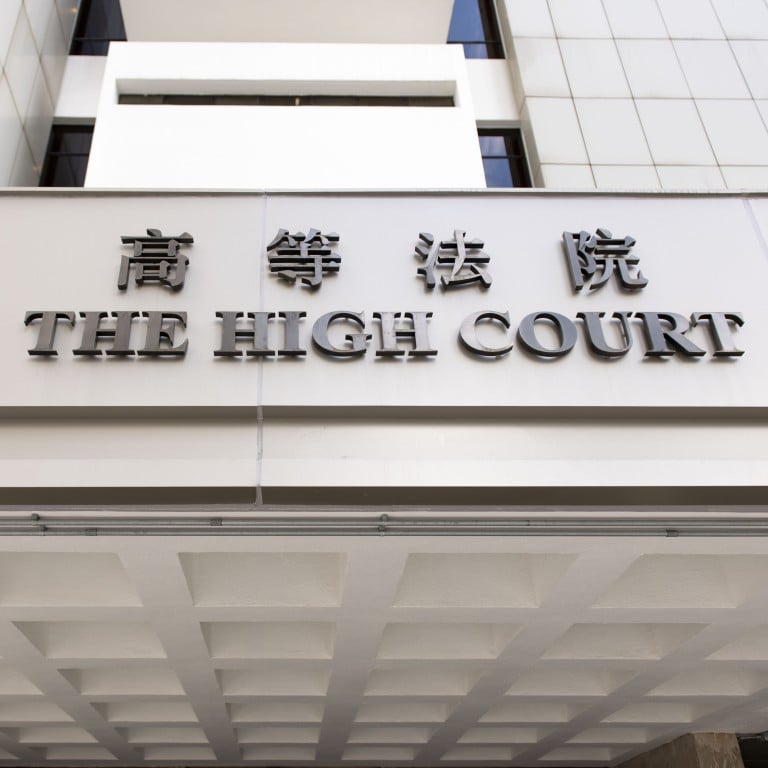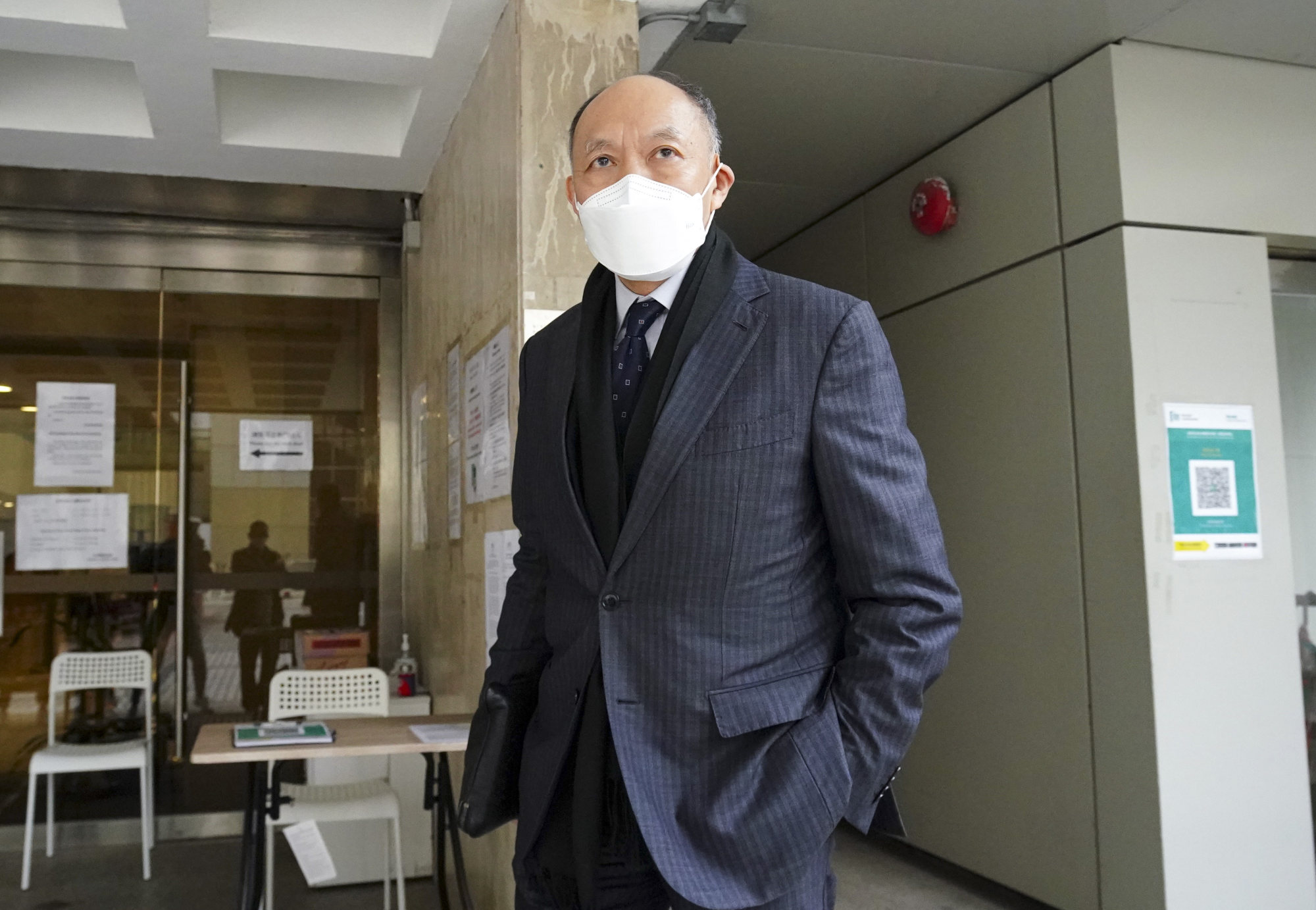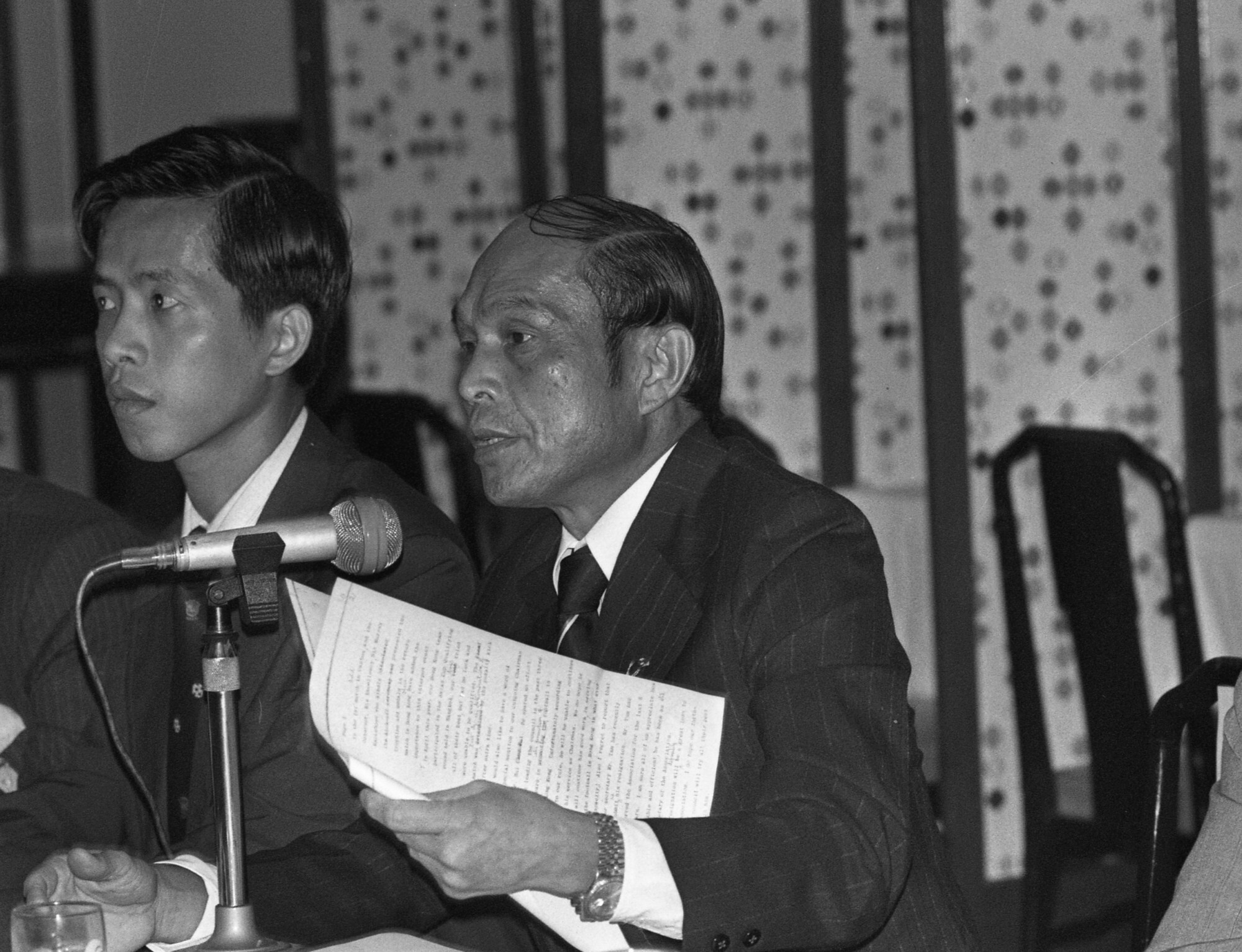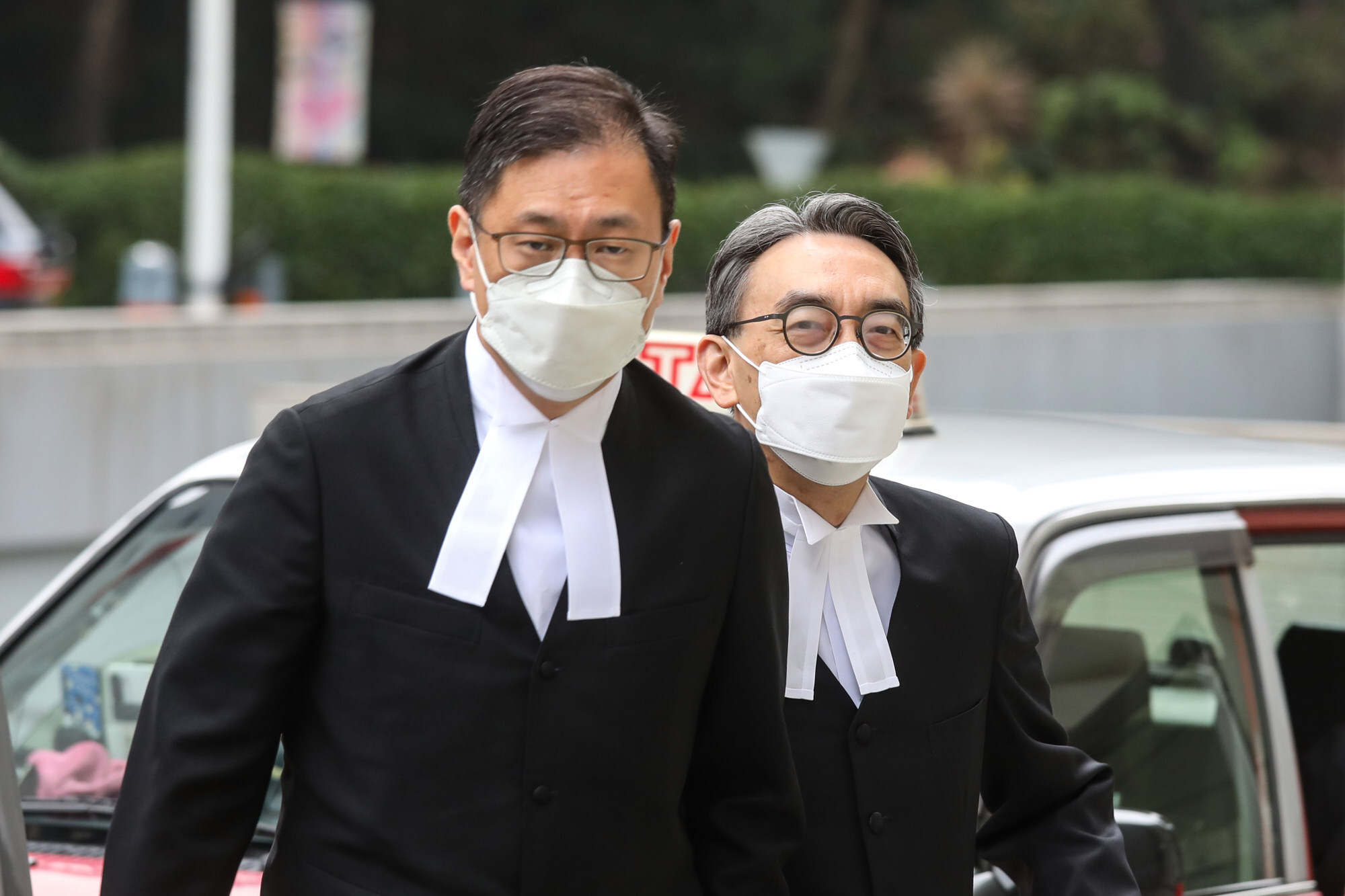
‘Sad’ family feud over late Hong Kong tycoon Henry Fok’s fortune will proceed to trial despite judge’s misgivings
- One faction of the late Fok’s sprawling family has accused other members of withholding information about an option to buy back a valuable share in a Guangzhou development
- The judge presiding over the case sought to give the parties one last chance to reconsider going to trial on Monday, but to no avail
The Hong Kong judge presiding over a dispute revolving around the late tycoon Henry Fok Ying-tung’s multibillion-dollar estate sought to give the parties one last chance to reconsider on Monday after most of them complained they were being “dragged” into litigation.
Mr Justice David Lok Kai-hong – who on two previous occasions urged the parties not to bring the “sad” family feud to trial – asked on Monday if the court should proceed with hearing evidence, considering the chances of the case being disposed of by alternative means would be “rather slim” once witnesses start testifying.
But Clifford Smith SC, representing plaintiff Benjamin Fok Chun-yue, said he had not received any “specific instructions” to seek an adjournment, meaning the court would begin hearing testimony on Tuesday, starting with his client.
Their exchange came after five days of opening speeches at the High Court in the latest legal battle over the elder Fok’s HK$11.3 billion (US$1.4 billion) estate, this one in relation to a share of his dream project in Nansha in Guangzhou, which was considered significant to the valuation of one of his three flagship companies, Henry Fok Estates.

The Post reported in 2015 that, according to one estimate, the project was worth 30 billion yuan (US$3.9 billion).
Fok married three times and had 13 children before he died of cancer at the age of 83 in 2006.
All family members and a number of companies reached a settlement over the estate in August of 2012.
Dispute over late Hong Kong tycoon Henry Fok’s estate ‘rather sad’: judge
But a rift emerged among the children from Fok’s first marriage, with his son Benjamin and daughters Nora Fok Lai-lor and Patricia Fok Lai-ping accusing their elder brothers Ian Fok Chun-wan and former legislator Timothy Fok Tsun-ting of keeping them in the dark.
At the heart of the latest dispute is a single share in the Panyu Development Company, which owned 51 per cent of a joint venture set up in 1992 to carry out construction and development in Nansha.
The share was held by Yau Wing Company, a wholly owned subsidiary of Henry Fok Estates, until June 11, 1997, when it was transferred to Fok Ying Tung Foundation, a charity founded by the late tycoon, at the par value of HK$1 (US$0.13).

At the same time, the foundation granted an option – as recorded in an letter signed by Ian – to Yau Wing to buy back the share before June 30, 2007. But the option was never exercised, leaving the share with the foundation after Fok’s death.
Benjamin, Nora and Patricia subsequently mounted the current case against Ian and Timothy, alongside a list of entities, arguing that the foundation did not fully own, or had to surrender, the single share.
Nora also named her father’s second and third families as defendants, as she is seeking the revocation of the 2012 settlement agreement.
On Monday, Wong Yan-lung SC reiterated that Ian had previously disclosed to his siblings the material information about the buy-back option, arguing that it could not have affected their decision to enter into the previous settlement.
Meanwhile, Victor Dawes SC said his client, Timothy, had been caught in the middle because he took Ian’s side in believing that the one share should belong to the foundation, as their father would have wanted.

“He was really attacked [as well] when they attacked Ian,” Dawes said. “Timothy is disappointed to find himself at the receiving end of this sort of allegation.”
Dawes noted Timothy had only learned about the option and that it had expired during a board meeting on November 25, 2011, which Benjamin also attended.
Counsel Samuel Wong, for the second and third families, said his clients had “all along agreed to settle” out of respect to the late tycoon, despite receiving the least amount of information due to their lack of involvement in his business empire.
But they were unwillingly “dragged” into the present dispute because of Nora’s bid to rescind the 2012 settlement agreement, Wong said.
Judge urges feuding family of late Hong Kong billionaire to drop lawsuit
Wong argued that the settlement “should not be set aside” since HK$2.52 billion (US$324 million) of the late tycoon’s estate had already been distributed, including HK$62.5 million (US$8 million) to his three wives and 13 children, and the deaths of some beneficiaries had rendered restitution impossible.
Wong also complained that Nora had not taken steps to implement the settlement agreement since she discovered the lapsed option, causing a delay in distribution to the second and third families.
Jat Sew-tong SC, for the foundation, said the late tycoon’s intentions about the share were clearly recorded in a “genuine, valid and serious” transfer document and the option letter, whose authenticity was not disputed.
“That’s the beginning and the end of the plaintiff’s case,” Jat said. “The available evidence does not affect our ownership of that one share.”
The hearing continues on Tuesday.

